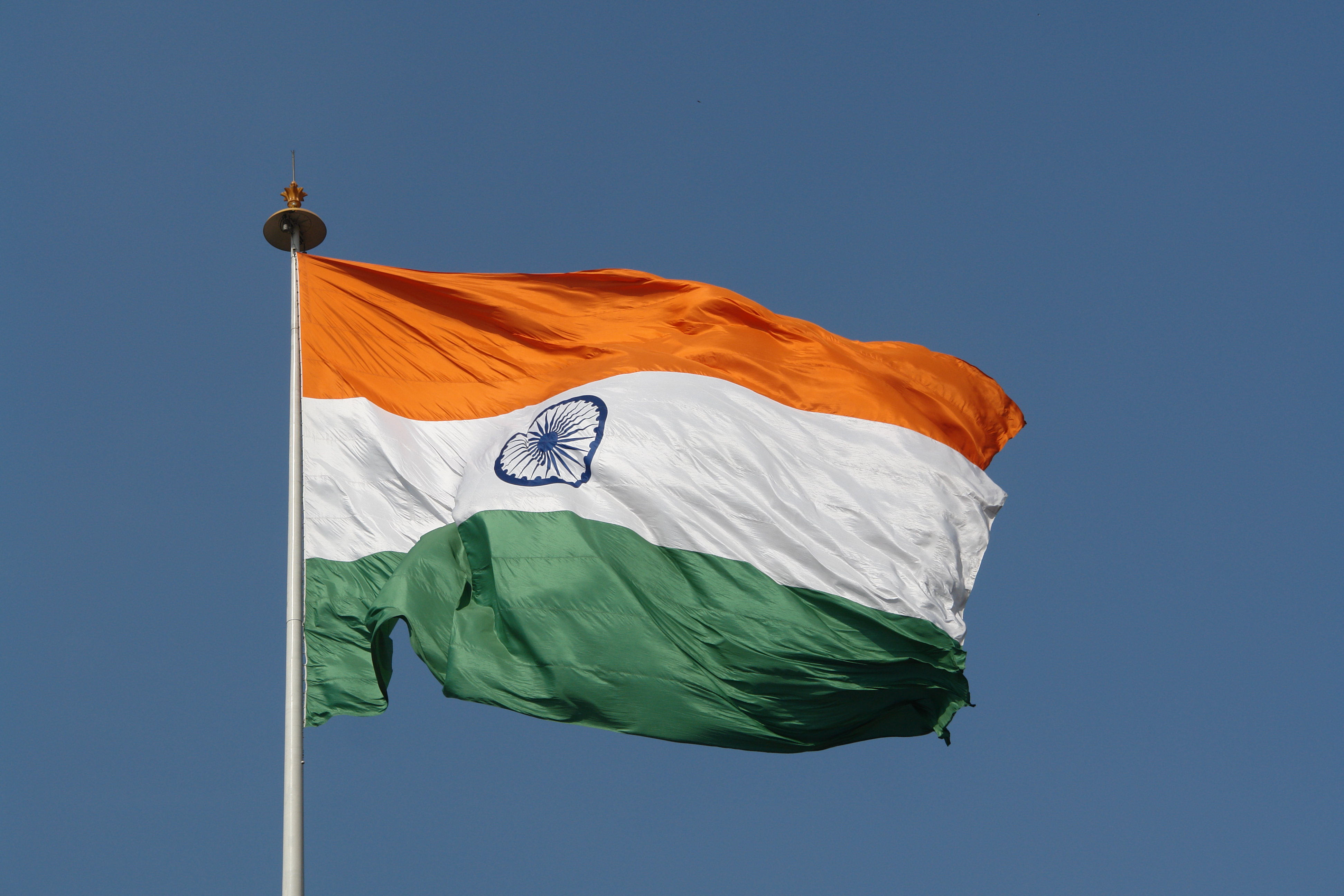A new visa category that will facilitate extended stays for entrepreneurs and researchers is currently under consideration by the Indian government.
The move aims to relax and liberalize the visa framework to attract skilled entrepreneurs and enrich the Indian startup ecosystem. Both aims are in line with the vision of the Modi government to encourage entrepreneurship in the country, and follow the guidelines of the Niti Aayog for fostering innovation and development.
With the new visa framework, an entrepreneur could come to India with a business plan and capital, and fully develop the idea within the country, and stay longer if needed. The new visa category would involve the creation of a centralized system for entrepreneurial visa application and granting, a high-ranking officer told Economic Times, adding that the system could be in place as early as 2020.
At the moment, entrepreneurs who wish to come to India do so using tourist, business or employment visas which require renewal outside of the country. This makes the current rates of foreign entrepreneurship difficult to track, as they are currently mislabeled as “tourist activities” as well as effectively prevents long-term engagement with the Indian entrepreneurial scene, as an entrepreneur using any of these visas has no clear path to permanent residency.
This possible liberalization comes in stark contrast to recent trends in US foreign policy, India’s most important entrepreneurship partner and the largest entrepreneurship economy in the world.
H-1B visa regulations- which is the visa that is commonly used for Indian skilled labor to join the ranks of startups and IT companies in the US- continue to become more stringent. Another blow to international cooperation was the delay of the implementation of the International Entrepreneurship Rule, due to President Trump’s strong opinions on the matter. The rule is essentially a startup visa program that would allow entrepreneurs to reside for up to 30 months on American soil while working on their startups, innovating and creating wealth and jobs for US citizens in the process.
As India is looking to join most European countries which currently offer startup or entrepreneurship visas for foreign citizens, granted following an assessment of the business plan and a minimum monetary investment in the country, the Trump administration continues to pull back entrepreneurial links with India and other countries.
A report by the US Department of Labor points out that Indians are the best earning, most educated community in the country. The data evidences both the quality of India human talent and the magnitude of the brain drain India has been undergoing for the past decades.
The diverging trends and realities between US and India pose an interesting conundrum: India, clearly looking to attract foreign skilled labor, seems to forget that its own Silicon Valley-worthy individuals continue to leave for positions overseas.
However, the current US hostility towards foreign labor, skilled or not, might in turn open a door for India, another large and fast-growing startup economy, to seduce both domestic and foreign experts into becoming the new, powerful driver for innovation and execution the country sorely needs.











